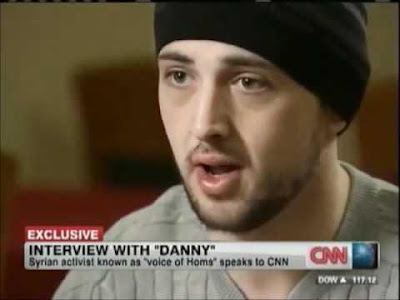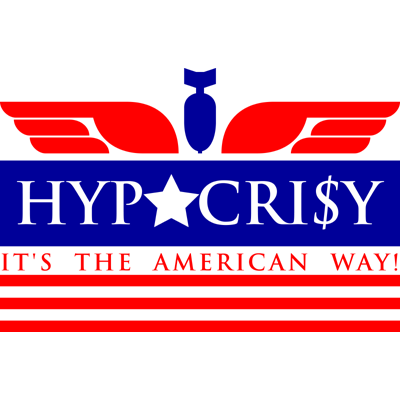Jun 25
20120
NED | National Endowment for Democracy, The International Campaign to Destabilize Bolivia, The International Campaign to Destabilize Venezuela, USAID
AFL-CIO Bogotá Bolivia CIA Columbia Confederation of Haitian Workers (CTH) Confederation of Venezuelan Workers (CTV) FEDECAMARAS FENSUAGRO Haiti NED | National Endowment for Democracy neoliberalism Nicaragua USAID Venezuela
USAID Grants $3 Million to Solidarity Center’s Bogotá Office – Unionists Want to Know Why
by James Jordan (Alliance for Global Justice)
The grant comes from USAID (the United States Agency for International Development). The office receives notice of this funding at the same time that three key developments are underway–in Venezuela, the coming October elections, and in Colombia, the implementation of the new Free Trade Agreement (FTA) with the US, coinciding with a massive popular mobilization to demand a political solution to the armed and social conflict. Little information is available concerning the details of the grant. Because of the documented history of the AFL-CIO intervention in Venezuela through its Solidarity Center, activists must analyze past history and current circumstances in order to be able to discuss intelligently what we may anticipate from these augmented activities.
The Solidarity Center is one of four core institutes of the National Endowment for Democracy (NED) and a creation of the United States’ largest union center, the AFL-CIO (American Federation of Labor-Congress of Industrial Unions). Along with the Solidarity Center, the four core institutes of the NED are: the International Republican Institute (associated with the Republican Party), the National Democratic Institute (associated with the Democratic Party), and the International Center for Private Enterprise (associated with the Chambers of Commerce).The NED was established by the US government in 1983, during the Reagan administration.
The NED exists for one reason–to manipulate governments, social movements and elections in other countries in order to advance the international policies of the US which, in turn, are designed to accommodate private access to natural resources and increase transnational corporate profits. In an interview with the New York Times in 1991, Allen Weinstein, one of the NED’s founders, said that, “A lot of what we do today was done covertly by the CIA.”
Marc Plattner, an NED Vice President, explains the role of the organization in the context of the Imperial strategy that brings together in one fabric the threads of politics, business and the military: “Liberal democracy clearly favors the economic arrangements that foster globalization ….The international order that sustains globalization is underpinned by American military predominance.”
The Solidarity Center receives over 90% of its funding from the public coffers by means of the Department of State, USAID and the NED. Union contributions are typically around two to three percent. Thus, the Solidarity Center has little to do with union locals and rank and file unionists, although it has the full cooperation of the highest officials of the AFL-CIO. Local unions have no input or say in the establishment of international relations or program development. The Solidarity Center has some good and helpful programs and some that are at least more or less benign. But these good programs can act to hide a more fundamental purpose to infiltrate and influence the labor movements of other countries and to provide a channel of interference in their electoral processes.
The NED’s first “success” in Latin America was the defeat of Daniel Ortega, the Sandinista candidate for President, in the Nicaraguan elections of 1990. The US government, via the NED and other channels, spent more than $20 per voter and effectively bought the victory for Violeta Chamorra, its favored candidate. The US spent more per Nicaraguan voter in 1990 than both parties did in the US presidential elections in 1988. It is notable that at the time, Nicaragua sustained a population of only 3 million persons.
Haiti provides another example of how the Solidarity Center operates. in 2004, the Solidarity Center’s partner, the International Republican Institute, not only funded, but convened and trained the coup plotters against the elected government of Pres. Bertrand Aristide. During 2004 and 2005, beginning before the coup and extending into the months afterward there was a bloodbath against the supporters of Aristide that included among its victims members of the Confederation of Haitian Workers (CTH). Rather than helping this most targeted union, the Solidarity Center channeled hundreds of thousands of dollars to a small labor organization that before and during the coup did nothing to defend the elected government and, in fact, called for Pres. Aristide to step down. →








